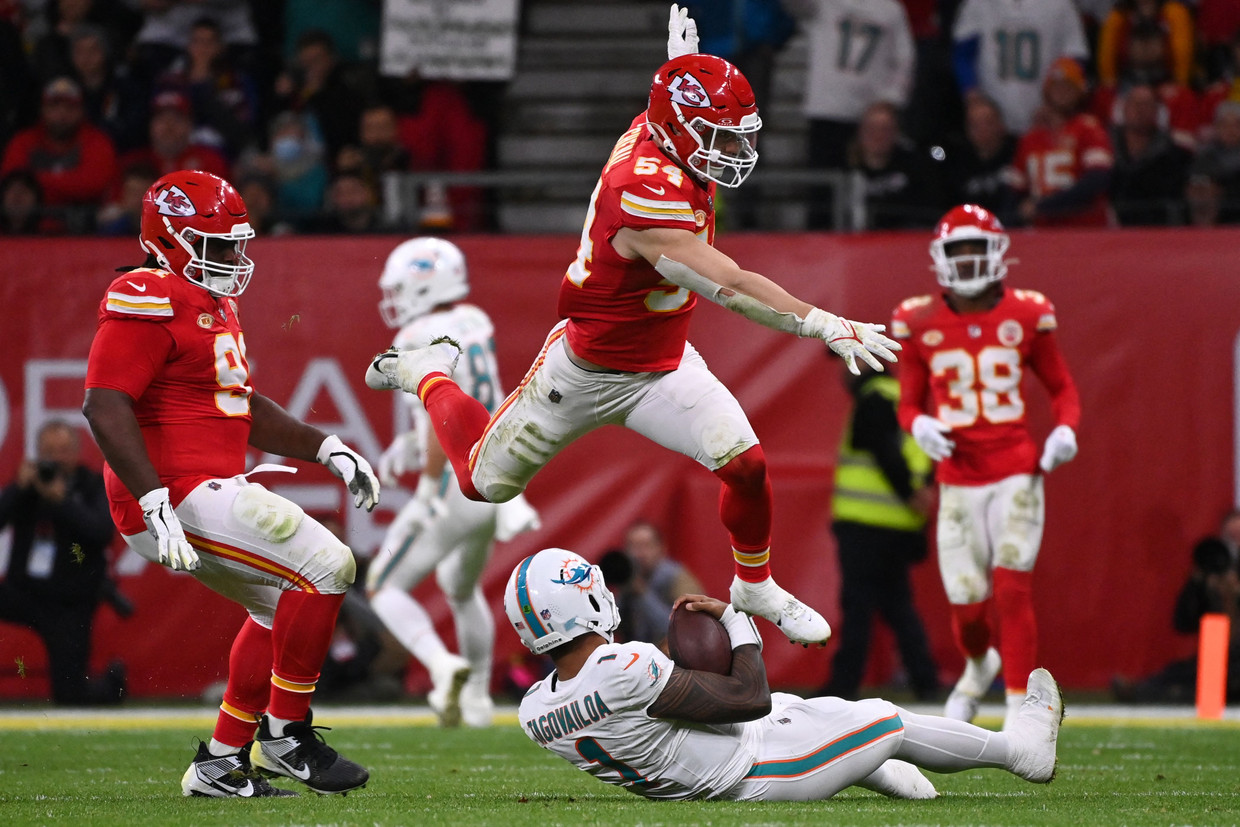In the world of professional football, where calculated plays and strategic maneuvers dominate the headlines, there are moments that transcend the game itself. These moments go beyond touchdowns and tackles, reaching into the realm of defiance—acts that challenge the status quo and redefine the boundaries of the sport. The National Football League (NFL) has witnessed its fair share of such instances, where athletes stand up for their beliefs or rebel against the norms. These moments of defiance resonate far beyond the confines of the field, leaving a lasting impact on fans and shaping the cultural narrative. This article delves into some of the most memorable NFL moments of defiance that have reverberated around the world.
Colin Kaepernick Takes a Knee:
Perhaps the most iconic and polarizing act of defiance in recent NFL history is Colin Kaepernick taking a knee during the national anthem. In 2016, the former San Francisco 49ers quarterback decided to protest racial injustice and police brutality by kneeling during the pre-game anthem. This peaceful yet powerful gesture sparked a nationwide conversation, igniting debates about patriotism, activism, and the role of athletes in social issues. Kaepernick’s act of defiance had a ripple effect, inspiring other players to join the movement and drawing both support and criticism from fans, fellow athletes, and political figures. Recognizing the gravity of such historic moments in the sport, many seek to witness these instances unfold firsthand, often beginning their quest by checking the Ravens ticket cost, to ensure they are part of the audience when the next significant chapter in NFL history is written.
Tommie Smith and John Carlos Raise Their Fists:
While not directly related to the NFL, the defiant act of Tommie Smith and John Carlos at the 1968 Olympics remains an influential moment in the history of sports activism. Representing the United States in track and field, Smith and Carlos, after winning gold and bronze medals in the 200-meter dash, raised their fists in a black power salute during the medal ceremony. This act of defiance was a powerful symbol of the fight against racial inequality and social injustice. The impact of Smith and Carlos’s gesture echoed through the years, inspiring subsequent generations of athletes to use their platform for social change.
The “No Fun League” vs. Celebrations:
The NFL has long been known for its strict regulations and fines when it comes to player celebrations. However, in recent years, players have pushed back against what they perceived as excessive penalties for expressing themselves on the field. Notable moments of defiance include creative touchdown celebrations that push the boundaries of the league’s strict rules. From choreographed dances to using props, players have found ways to inject personality and entertainment back into the game, challenging the notion that football should be a stoic and emotionless sport.
Michael Sam’s Draft Kiss:
In 2014, Michael Sam became the first openly gay player to be drafted into the NFL. His embrace and kiss with his boyfriend upon hearing the news was a moment of defiance against the prevailing stereotypes and prejudices within the sports world. While Sam’s NFL career was relatively short-lived, his courage in being open about his identity helped pave the way for greater acceptance and inclusivity in professional sports.
Conclusion:
The NFL, like any other major sports league, is not immune to the currents of social and cultural change. Moments of defiance on the field have the power to transcend sports and become catalysts for broader conversations about equality, justice, and individual expression. Whether through protests, gestures, or celebrations, these memorable instances remind us that football is more than just a game—it’s a stage where athletes can influence and shape the world around them. The upset heard around the world is not always about the final score; sometimes, it’s about the resounding impact of defiance that echoes far beyond the sidelines.
